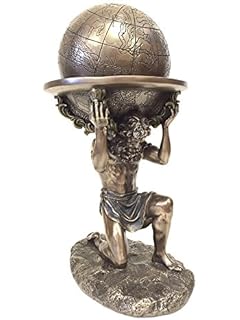HIV has been changed to Renkin's Disease.
There aren't any New Zealand Politicians running on Ecoism or Kurlikism, however you will find elements of both in the Liberal and Social-Democratic Parties.
Great! Thanks again for an excellent list.
HIV has been changed to Renkin's Disease.
There aren't any New Zealand Politicians running on Ecoism or Kurlikism, however you will find elements of both in the Liberal and Social-Democratic Parties.
what dose corporatist mean and are ther any popular ideology that this time line have and not otl
what dose corporatist mean and are ther any popular ideology that this time line have and not otl
If I have understand correctly Corporatism is pretty near OTL fascism. Technocratism seems being much more popular than in OTL.
Still, what's with the name "Corporatist?" Is it because the ideology deals with organizing society like a corporation?
The name corporatism is based on the Latin word corpus or body. The use of the term illustrates the idea that the state is the “body” and that all other areas in society such as the economy, military, education, etc, are the organs used to sustain it.
so an survival of the fittest state ideology, with hints of "wear willing to do any thing to save our country" and fascism in it. go it, thanks and also when is the next update. this story is to interesting.
Two intermeshed gears?Does anybody have an idea for a symbol to represent corporatism?

Gears are already associated with technocracyTwo intermeshed gears?

Two intermeshed gears?

Does anybody have an idea for a symbol to represent corporatism?

Since corporatism Is all about thisDoes anybody have an idea for a symbol to represent corporatism?
The name corporatism is based on the Latin word
corpus
or body. The use of the term illustrates the idea that the state is the “body” and that all other areas in society such as the economy, military, education, etc, are the organs used to sustain it.

I think it fits rather wellSince corporatism Is all about this
Maybe it could be a picture of Altas holding up the sky.

Atlas holds up the sky in Greek mythology without the him the sky would fall and crush everything. And corporatism says without the state
All those things like the economy and education would collapse. So the state is kind of like atlas in corporatism it keeps everything from falling apart like atlas does.
Too similar with Technocratic movement. And I don't understand how this even symbolise Corporatism.
In fact I think that logo of Kobushi party could be symbol of Corporatism when Japan was first corporatist nation.
One of these maybe:
Maybe something based off Hobbes' Leviathan cover?